New Delhi, June 5, 2024 — Narendra Modi is set to become the Prime Minister of India for a third consecutive term, joining Jawaharlal Nehru as one of the few leaders to achieve such a feat. However, unlike Nehru, Modi's Bharatiya Janata Party (BJP) did not secure a single-party majority in the latest Lok Sabha elections.
The 18th Lok Sabha election results, announced on Tuesday, saw the BJP winning 240 seats, making it the single largest party in the parliament. Yet, their coalition, the National Democratic Alliance (NDA), fell short of the 300-seat mark, necessitating the support of allies to form the government. The Congress-led opposition coalition, named 'India', made significant gains, ending a decade of one-party rule by the BJP.
According to the Election Commission of India, the BJP secured 240 out of 542 seats, while the Indian National Congress, the primary opposition party, won 99 seats. The NDA's total seat count stood at 286, compared to the India alliance's 202 seats.
Despite the BJP's campaign focusing on the construction of the Ram Temple, the abrogation of Article 370, and the Citizenship Amendment Act (CAA), their ambitious goal of securing over 400 seats with the slogan 'One country, one vote' and the promise of a uniform civil code fell short. This election marks the first time since 2014 that the BJP will need to rely on coalition partners to form a government.
The Congress party, led by Mallikarjun Kharge and Rahul Gandhi, achieved a significant improvement, securing the position of Leader of the Opposition with 99 seats. This status eluded them in the previous two elections when they won 44 seats in 2014 and 52 in 2019.
In contrast, the BJP's 2019 performance saw them winning 303 seats independently and 352 as part of the NDA. The "Modi magic" and nationalist sentiments that bolstered their previous victories did not have the same impact this time. Despite winning the most seats, the BJP must now depend on the support of allies like Chandrababu Naidu's Telugu Desam Party (TDP) and Nitish Kumar's Janata Dal United (JD-U) to secure a parliamentary majority.
Modi himself won his Varanasi constituency, though his margin of victory decreased by approximately 350,000 votes compared to the last election. On election morning, Modi briefly trailed his opponent, surprising many, but ultimately won by a margin of nearly 150,000 votes.
The election results indicate a significant shift in Indian politics, with economic concerns like inflation and unemployment taking precedence over religious and nationalist issues. As Modi prepares for his third term, he faces the challenge of balancing his cultural agenda with pressing economic issues, all while contending with a stronger and more vocal opposition.



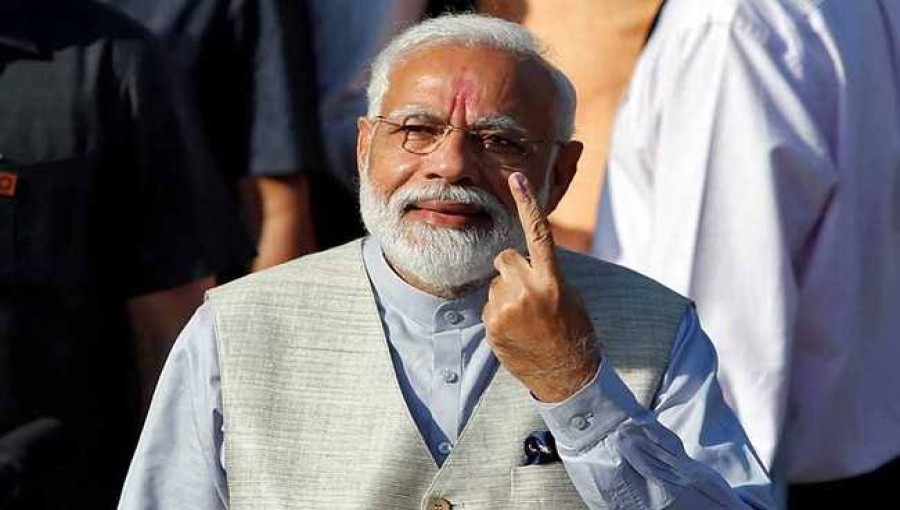

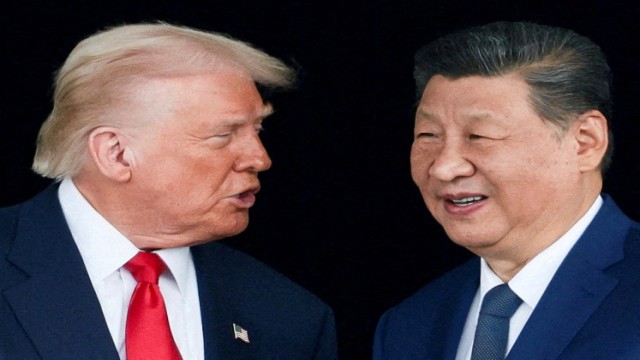
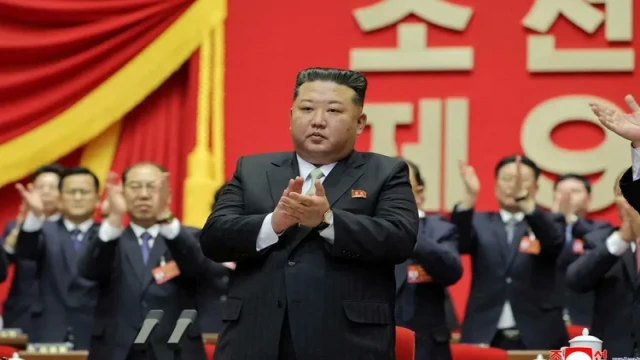
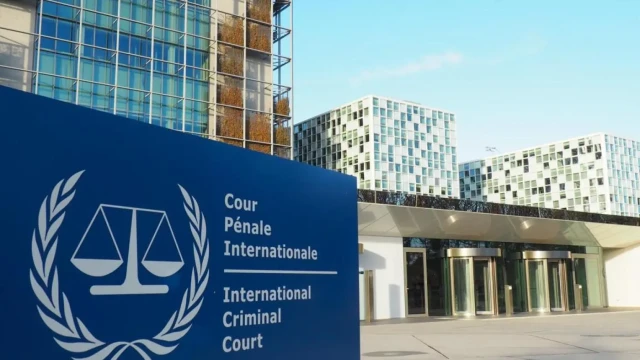
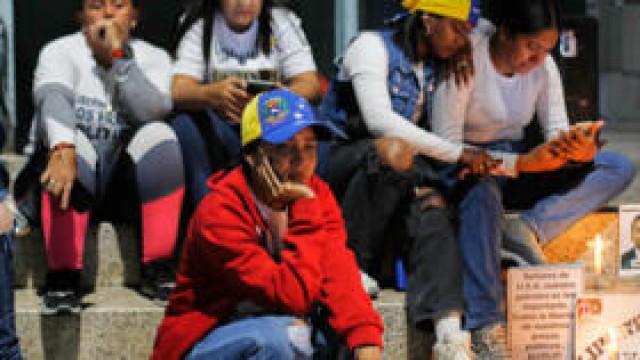
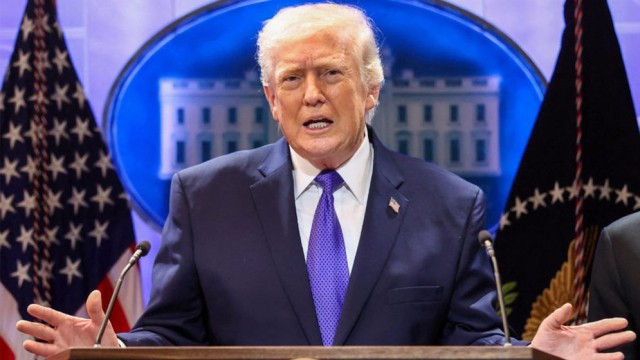
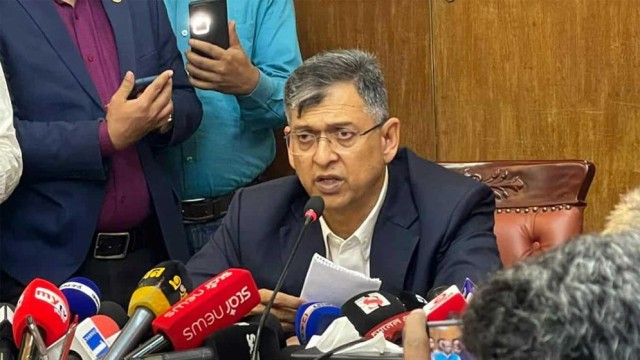
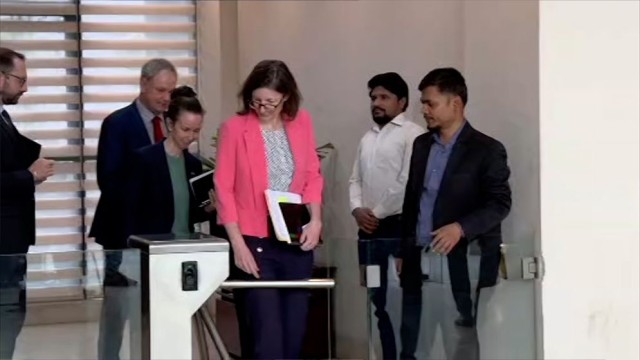
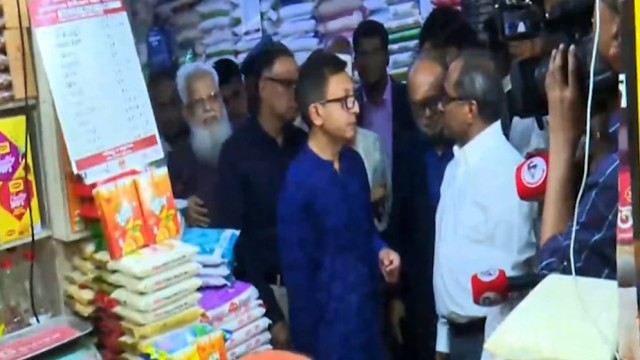
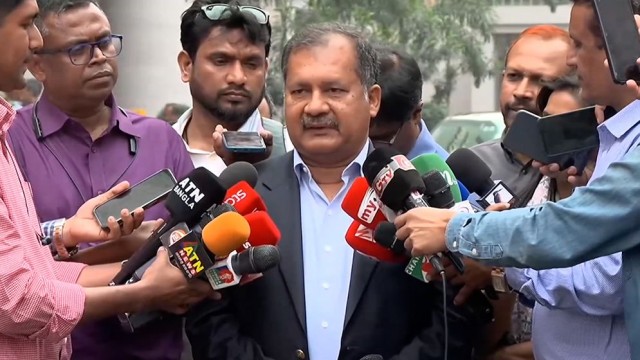

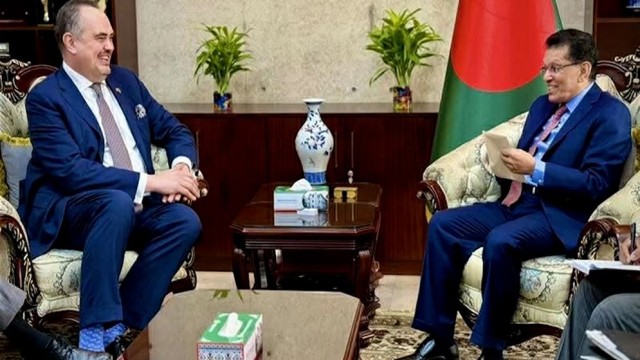
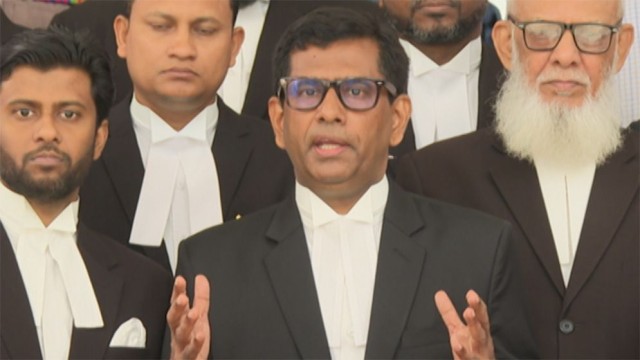
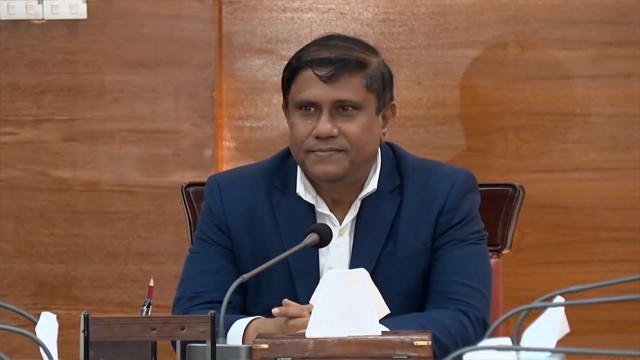












Comment: